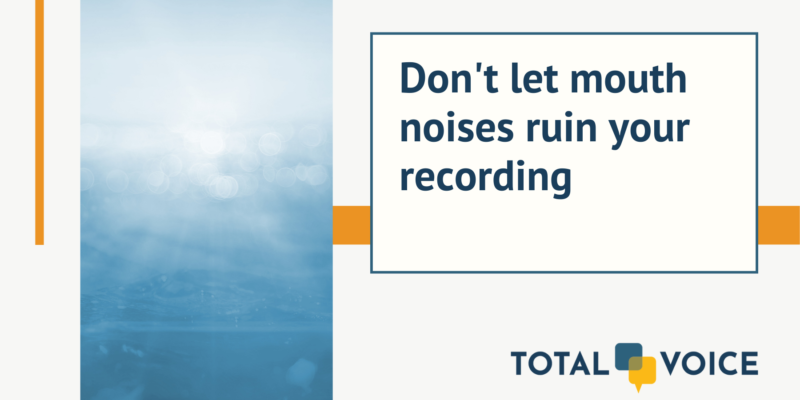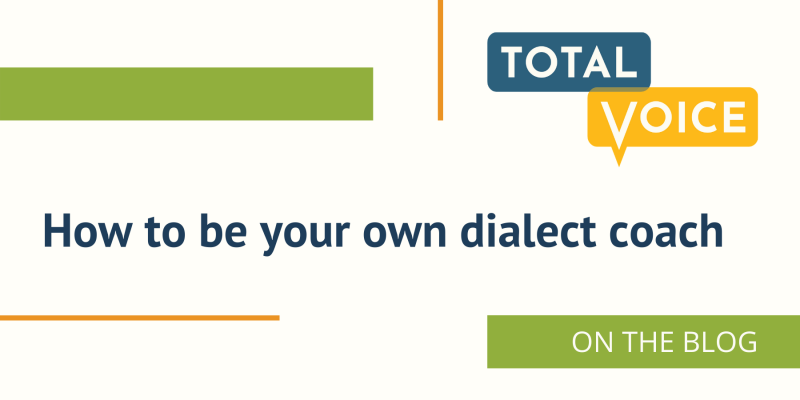Many of my clients work to sound natural when speaking English. This list of the 100 most common words of English (according to the Concise Oxford English Dictionary, 11th edition) makes great practice material.
continue readingYep, you have an accent. Embrace it.
Everyone has an accent. Or more specifically, everyone has a dialect. In teaching accents to actors for several decades, I often hear people say they “don’t have an accent”. I think this means they believe they don’t have a dialect that makes them readily identifiable as being from a particular geographic region. But there’s more to a dialect than just geography.
continue readingThe practice of practice: 3 tips to make the most of your time
We all know the old joke: How do you get to Carnegie Hall? Practice!
Whether you are learning voice and speech skills, a new sport, how to play an instrument, meditation, cooking, knitting or anything else physical, the practice of practice is the key to your success.
The way we practice is even more important than how much time we spend. Research about the brain, cognitive science and motor learning in particular, have taught us a few key concepts:
continue readingDon’t let mouth noises ruin your recording
Whether they are clicky, sticky or slurpy, mouth noises are a time-consuming pain for VO actors and anyone creating audio recordings. Depending on the nature of the recording, you either need to re-do it, edit out all those little sounds without affecting the speech, or foist the sounds on your listener.
Best just to avoid them in the first place.
continue readingHow to be your own dialect coach
It goes without saying that the easiest way to learn an accent or dialect is to work with a professional dialect coach. The second easiest is to purchase training materials from a reliable source (such as accenthelp.com, which I am affiliated with), created by professional coaches for you to use at home on your own.
If you’re not in a position to access those resources, you can still work up an accent on your own. Like anything else, this comes easier for some folks than it does for others! Here’s the 5-step breakdown:
continue reading

